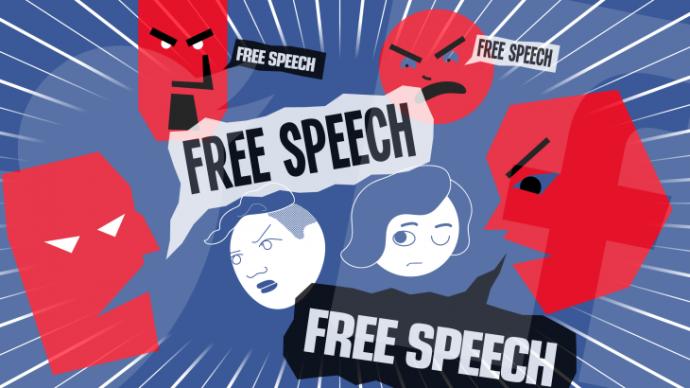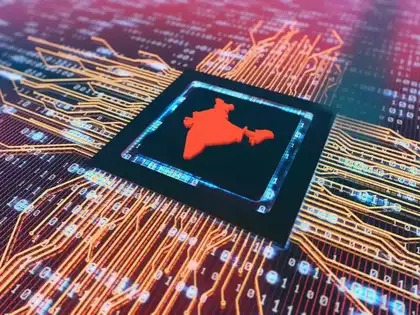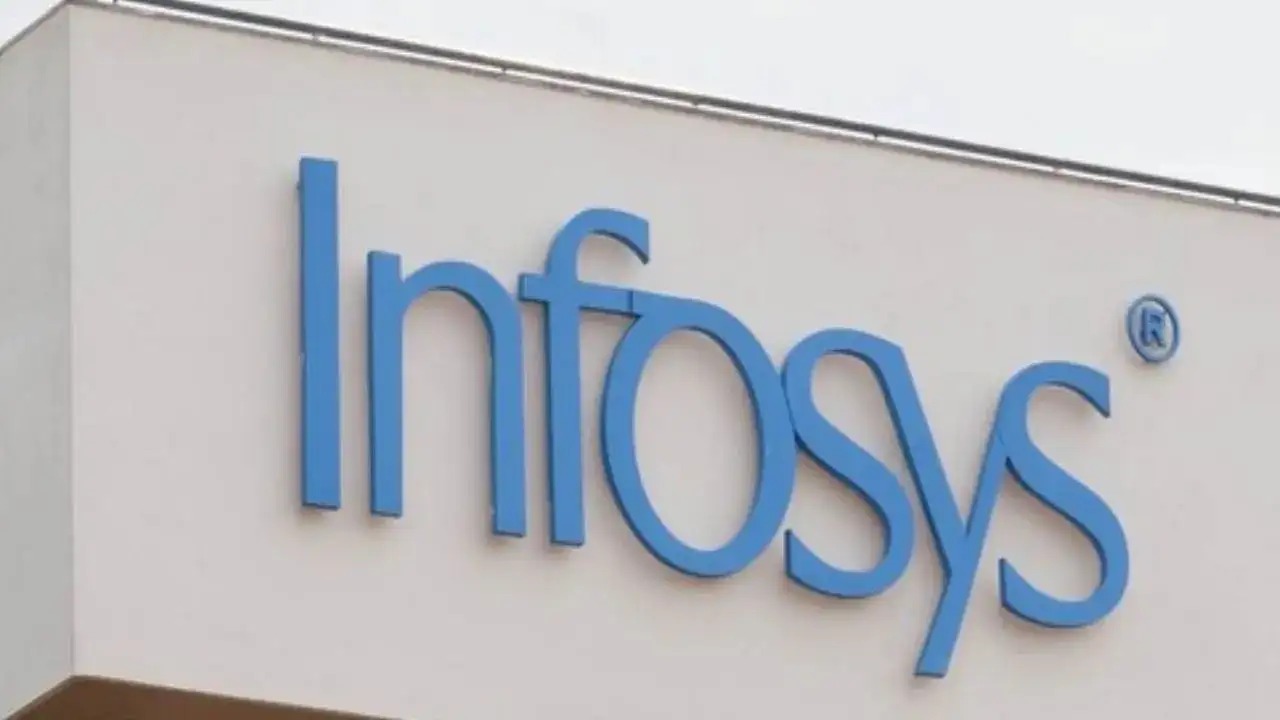 Image Source: St. Paul’s Girls School
Image Source: St. Paul’s Girls School
As India’s online population surges past 800 million users, the question of who truly holds the right to free speech in the digital realm has become a pressing legal and ethical debate. With over 491 million active social media accounts, the internet has become the country’s largest public square. But recent developments in the Supreme Court and broader policy circles suggest that the boundaries of online speech are being redrawn—especially for influencers, content creators, and commercial platforms.
Key Highlights
Supreme Court of India directs Centre to frame guidelines for online speech
Commercial speech by influencers may not be protected under Article 19
Vulnerable groups demand stronger anti-discrimination laws for digital platforms
India’s Constitution allows reasonable restrictions on free speech, including online
New guidelines expected to balance dignity, accountability, and expression
The Legal Landscape: What Article 19 Really Protects
Under Article 19(1)(a) of the Indian Constitution, every citizen has the right to freedom of speech and expression. However, this right is not absolute. Article 19(2) outlines “reasonable restrictions” in the interest of public order, decency, morality, defamation, and incitement to offence. These limitations apply equally to online speech.
The Information Technology Act and IT Rules already regulate digital content
Section 67 of the IT Act prohibits obscene material online
The Supreme Court has now asked for additional guidelines to address emerging challenges
This legal framework ensures that while free speech is protected, it must coexist with the rights and dignity of others.
Supreme Court’s Intervention: Influencers Under Scrutiny
On August 25, 2025, the Supreme Court heard a case involving five social media influencers accused of making offensive remarks about persons with disabilities. The bench, comprising Justices Surya Kant and Joymalya Bagchi, made a critical observation: commercialised speech does not enjoy the same protection as personal expression under Article 19.
Influencers named include Samay Raina, Vipul Goyal, and Ranveer Allahbadia
The court directed unconditional apologies and hinted at possible penalties
Attorney General R. Venkataramani confirmed that guidelines are being drafted in consultation with stakeholders
The court emphasized that humour must be sensitive and that mocking vulnerable communities crosses a constitutional line.
Commercial Speech vs Personal Expression
The distinction between commercial and personal speech is now central to the debate. Influencers who monetise their content—through ads, sponsorships, or paid promotions—are seen as engaging in commercial speech. According to the Supreme Court, such speech is subject to stricter scrutiny.
Commercial speech may be regulated to prevent harm to public interest
Personal opinions, when not monetised, enjoy broader protection
The court stressed that accountability must accompany monetisation
This shift could redefine how creators engage with audiences and how platforms moderate content.
The Push for Anti-Discrimination Laws
Beyond the courtroom, civil society groups are calling for comprehensive anti-discrimination legislation to protect marginalized communities online. The Cure SMA Foundation of India, which filed the case against the influencers, argues that current laws are insufficient to prevent digital harassment.
Proposed laws would address hate speech, online bullying, and algorithmic bias
Advocates want protections for disabled persons, women, LGBTQ+ individuals, and religious minorities
The court acknowledged these demands and urged the Centre to consider them in the new guidelines
This signals a broader shift toward inclusive digital governance.
Conclusion: A New Era of Digital Accountability
As India navigates the complexities of online expression, the Supreme Court’s directive marks a turning point. Free speech remains a cornerstone of democracy, but in the digital age, it must be balanced with responsibility, dignity, and inclusivity. The upcoming guidelines could reshape how speech is protected, regulated, and monetised—ushering in a new era of digital accountability.
Sources: Outlook India
Advertisement
Advertisement






